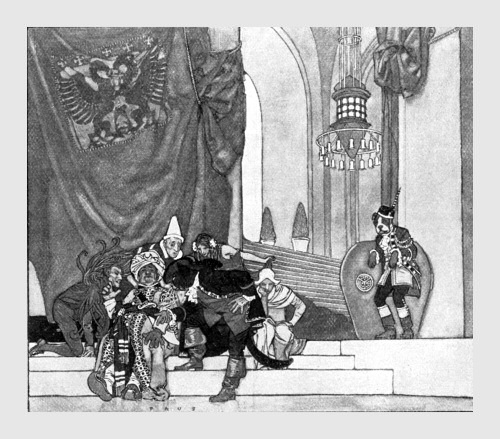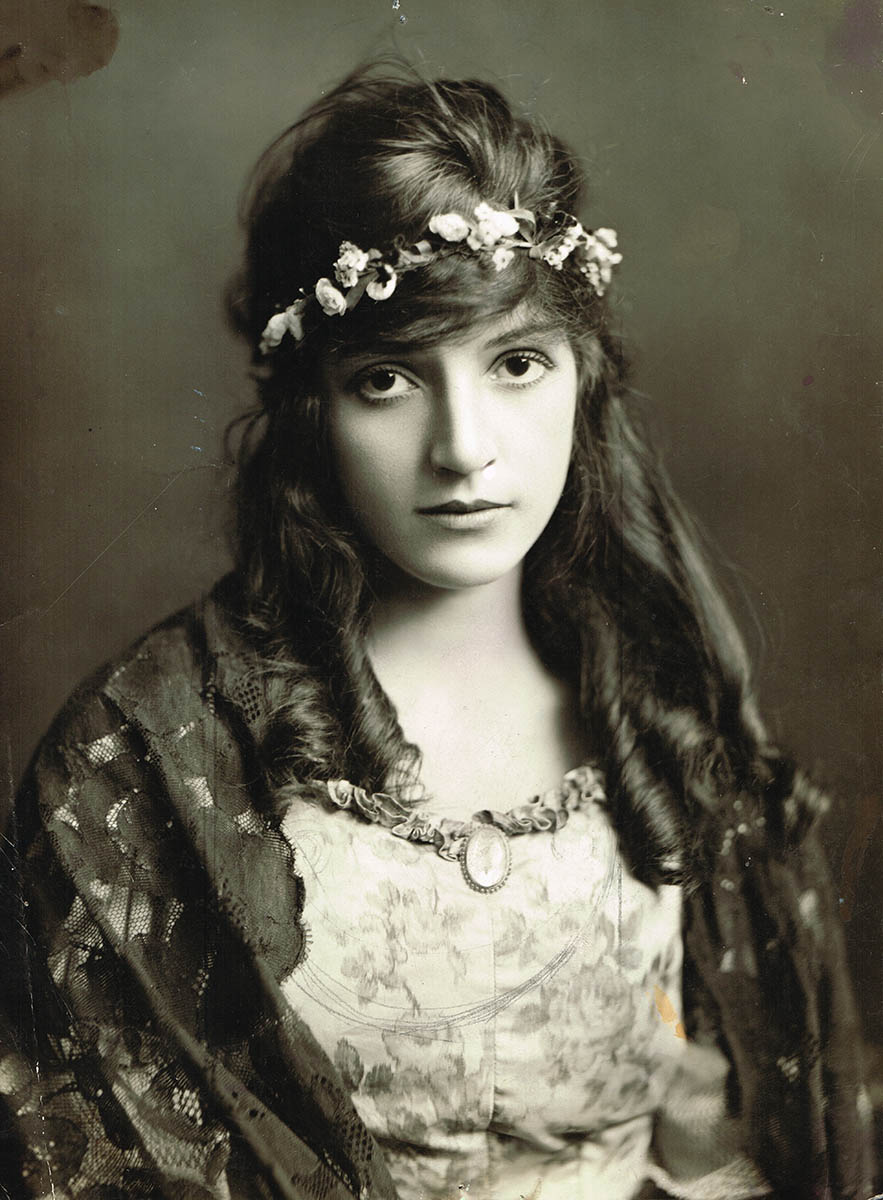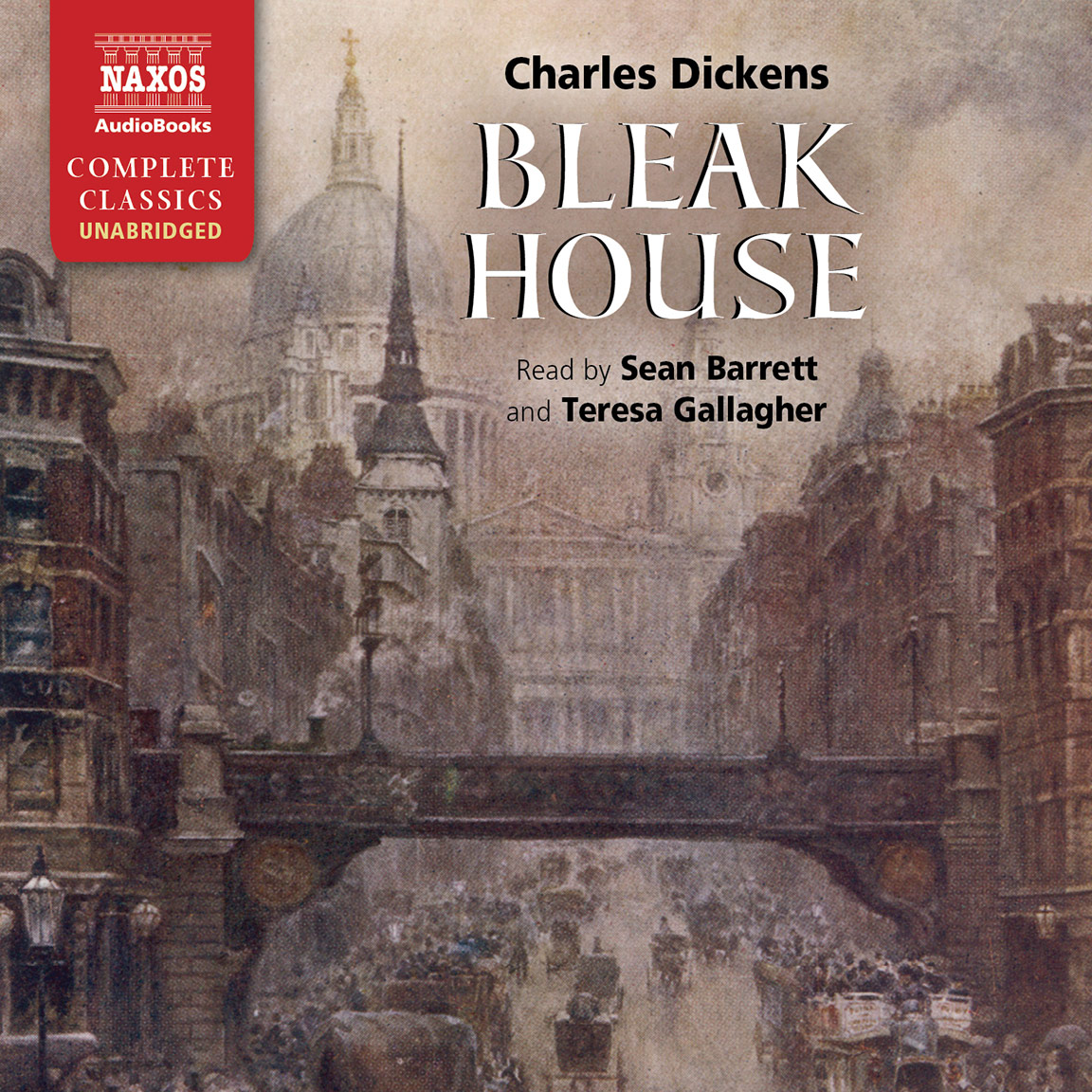With nine entries on the list pretty evenly spread out across the volumes, it is always going to be a major milestone to come upon a Dickens book, and especially when, within that group of nine, it is one of the five or so major ones, which I think
Bleak House certainly is. Even though I read it once before (in 2000), as with
Anna Karenina and a few of the other titles remarked on here, going through it this second time for this list felt like a bigger life event than the first occasion, even without the beginning of the pandemic shutdown, which began around halfway into the book. I actually started this in late February when I was on vacation in Florida and did not suspect what was coming, in terms of everything being closed and socialization, etc, being interrupted as it has been. But all that aside the book is, for all the flaws that can be, and often are, noted in it, a
tour de force of energy and humanity and words and speech and the construction of a living world. It is really a tremendous production. It is my impression that nowadays it is considered by most people of intellectual, if not necessarily literary, stature to be on the whole the greatest Dickens book, and I can see where they would make that claim, as it is, in spite of having its share of Dickensian characteristics, the most modern in its overall approach, characterizations, and sensibility.
If forced to offer a judgment I would probably place it more or less co-equal with
David Copperfield and
Pickwick, and just ahead of
Great Expectations. Which is to say that I think highly of it.
The
IWE writers were not as enamored with
Bleak House as even modern critics are (I don't have a good sense of how popular it was with the critics or the public comparative to the other books prior to World War II. "As is not unusual with Dickens" they say, "his novel
Bleak House is notable chiefly for its minor characterizations. The heroine Esther is neither quite true nor quite sympathetic by modern tastes, and the admirable John Jarndyce leaves today's reader cold. Tulkinghorn the lawyer is a stereotype. But Mrs. Jellyby the overdevoted philanthropist and Mrs. Pardiggle the malevolent one, Miss Flite the fluttery maiden lady and the overproper Turverydrop, and at least half a dozen others, are drawn with consummate skill. The book was popular chiefly because Dickens wrote it. His 'message'--the need for reform in England's courts of chancery (equivalent to courts of equity in the United States)--meant little to the public because too few were affected."
I am not going to take great issue with a 50 year old anonymous account in a forgotten children's encyclopedia, but just to speak for myself, I disagree with most of this. I rather like Esther--while acknowledging the many obstacles that Dickens burdens her with, being overly virtuous and so on, he still manages to kind of write his way over them and bring a more fully realized character to life. While there are again admittedly many strange things about Mr. Jarndyce, some of which I will address later on, I do like him too. His reassuring good-naturedness rescues a lot of scenes and allows at least one side of the story to keep moving forward with some hopefulness. I thought the depiction of Tulkinghorn was impressively methodical and unwavering. He certainly struck me as one of the truer characters in the book. And the whole world of the chancery courts serving as the central reference point around which the story revolves provides an intensity and interest that is a lacking element in many novels, Victorian and otherwise. On the other hand Miss Flite and Turverydrop seemed to me two of the more obviously ridiculous minor characters, out of the many that were quite good, if not perhaps as absurdly memorable, some of which I will hopefully remember to have commented on in my notes.

p. 10. Because of the humor in Dickens I find my note-taking process starts earlier. Most of the first quotations will concern Sir Leicester and Lady Dedlock, with whose lofty station and self-regard the author had great fun throughout the book. "Indeed, he married her for love. A whisper still goes about, that she had not even family; howbeit, Sir Leicester had so much family that perhaps he had enough, and could dispense with any more."
p. 11 Sir Leicester again--"He is of what is called the old school--a phrase generally meaning any school that seems never to have been young."
p. 13 "Sir Leicester has no objection to an interminable Chancery suit. It is a slow, expensive, British, constitutional kind of thing...And he is upon the whole of a fixed opinion, that to give the sanction of his countenance to any complaints respecting it, would be to encourage some person in the lower classes to rise up somewhere--like Wat Tyler."
p. 158 Mrs Rouncewell the old housekeeper of Chesney Wold, to her irreverent grandson: "Sir Leicester and Lady Dedlock, my dear, are not fit subjects for joking." This might be the funniest line in the whole book.
p. 259 During the very good interlude about the area around the Courts during the long vacation. "All the middle-aged clerks think their family too large."
p. 275 The description of the younger Smallweed calls to mind the Boss Baby. "If he ever lay in a cradle, it seems as if he must have lain there in a tail-coat." The dinner with the three young men, Guppy, Weevle, and Smallweed, was another well-done minor scene that gave the book the density that makes it stand out.
p. 278 "That very popular trust in flat things coming round! Not in their being beaten round, or worked round, but in their 'coming' round!" This is me, but also in fact most people, to some extent.
p. 422 "A very contentious gentleman, who said it was his mission to be everybody's brother, but who appeared to be on terms of coolness with the whole of his large family, completed the party." The wedding party (of Caddy Jellyby, who was probably the girl character I would have been most interested in dating) of malcontented altruists was another pretty hilarious and well-conceived little scene.
p. 444 "It may be something in the air--there is plenty in it--or it may be something in himself, that is in fault; but Mr Weevle, otherwise Jobling, is very ill at ease." That "plenty in it"--so funny. Jobling is the guy who had the "Galaxy Gallery of British Beauty" set of pictures, including Lady Dedlock, hanging up in his room. Another touch that seems ahead of its time.
p. 532 (Skimpole describing one of the family portraits) "There was a Sir Somebody Dedlock, with a battle, a sprung-mine, volumes of smoke, flashes of lightning, a town on fire, and a stormed fort, all in full action between his horse's two hind legs: showing, he supposed, how little a Dedlock made of such trifles."
p. 552 "Mr Carstone, you are represented by--." "You said just now--a rock." "Yes sir,' says Mr Vholes, gently shaking his head and rapping the hollow desk, with a sound as if ashes were falling on ashes, and dust on dust. 'a rock. That's something." Mr. Vholes is my favorite lawyer in the book. He's like Mr. Brontosaurus Burger from the Flintstones. Great self-control on the part of the author to hold him back until page 500, assuming he did not come up with him until that point, which may have happened.
p. 567 Sir Leicester's superannuated spinster cousin Volumnia, another inspired creation, commenting on local political trends. "Volumnia hastens to express her opinion that the shocking people ought to be tried as traitors, and made to support the Party."
p. 571 "Volumnia thinks it is really high time, you know, for somebody in power to step in and do something strong...'It is worthy of remark,' says Mr. Tulkinghorn, 'however, that these people are, in their way, very proud.' 'Proud?' Sir Leicester doubts his hearing.'"
p. 595 Skimpole, before he is revealed to be less inoffensive than he is at first presented to be. "Time is no object here. We never know what o'clock it is, and we never care. Not the way to get on in life, you'll tell me? Certainly. But we
don't get on in life."
I know I am doing a lot of quotes for this one, but it's too amusing, and I would forget most of these if I didn't write up these notes.
p. 628 "The day begins to break now; and in truth it might be better for the national glory even that the sun should sometimes set upon the British dominions, than that it should ever rise upon so vile a wonder as Tom." Tom being here a wretched alley in London in the legal neighborhood, not a singular person.
My thoughts on Jarndyce--Why is he single? Why his excessive benevolence? Not a bad, and maybe a necessary character. Better than Woodcourt, who is just too good, in a way that does not contribute anything valuable to the story.
p. 747 "'It won't do to have truth and justice on his side; he must have law and lawyers,' exclaims the old girl, apparently persuaded that the latter form a separate establishment, and have dissolved partnership with truth and justice for ever and a day." I was hoping I had remembered to put in something from the old girl here. And her daughters Quebec and Malta, which are great names for girls. I would have been tempted to give my own daughters these names if I had read this at that time.
p. 777 (Refer to the photo at the bottom of the page, of an amusing page heading. I added this from my phone after I had typed up the rest of this page, and I couldn't get it to show up in this spot).
The plot felt like it was starting to wrap up with about 200 pages to go. It's a long denouement.
p. 796 "Volumnia, in her room up a retired landing on the staircase...is a prey to horrors of many kinds. Not last nor least among them, possibly, is a horror of what may befall her little income, in the event, as she expresses it, 'of anything happening' to Sir Leicester." Volumnia kills me.
p. 822 "I cannot use the expression that he looked old. There is a ruin of youth which is not like age; and into such a ruin Richard's youth and youthful beauty had all fallen away." Is this passage famous? I have certainly seen the idea expressed elsewhere. I like the image however.
p. 864 I made a note about the farewell when Esther encounters Caddy in the street and how this is always a poignant way to wrap up a book, saying a sort of good-bye to youth and one's youthful friends who were once so important but fade out of one's life, etc, but then Caddy turned up again a few pages later and it was implied that they continued to see each other all the time for the foreseeable future anyway.
Tomorrow is the 6th of the month, which is the day when I usually do my monthly update. I'll give more of a personal pandemic update at that time. I feel like I should have written more about this book, but really, everybody I would hope to be reaching either knows all about it or has at least seen the movie, and there isn't anything I am going to have to tell them. So I will leave it here and move on with the list (and towards the seven other Dickens books still remaining on it).
The Bourgeois Surrender Challenge
1. Bryan Stevenson--
Just Mercy...……………………………………5,534
2.
Bleak House (TV--2005)…………………………………………..3,351
3.
The Village (movie--2004)…………………………………………1,277
4. Andrew Pollack & Max Eden--
Why Meadow Died...………………..753
5. Alison Weir--
The Princes in the Tower...……………………………321
6. James Canton--
The Literature Book (DK)…………………………...186
7. Daniel Pool--
What Jane Austen Ate & Charles Dickens Knew...…….183
8. Charles Dickens--
Dombey & Son...…………………………………..161
9. Larry Chambers--
Death in the A Shan Valley...……………………….81
10. John Seymour--
The Complete Book of Self-Sufficiency...……………54
11. Vladimir Nabokov--
Lectures on Literature...………………………..46
12. Sue Monk Kidd--
The Book of Longings...…………………………...32
13. Madeleine L'Engle--
The Moment of Tenderness.................................18
14. Jean Plaidy--
A Favorite of the Queen..................................................13
15.
Bleak House (TV--1985)......................................................................10
16. William Makepeace Thackeray--
The Newcomes.................................10
Because the names (and consequently the keywords for the game) are so singular to Dickens, the searches in these contests land on a lot of books and movies related to him.
Round of 16
#16 Thackeray over #1 Stevenson
Invoking the rule that an
IWE author always wins in the first round.
#15
Bleak House '85 over #2
Bleak House '05
Odd that these rival BBC productions, both of which are supposed to be pretty good, ended up battling in the first round. In such instances the tie traditionally goes to the older film.
#14 Plaidy over #3
The Village
#13 L'Engle over #4 Pollack & Eden
Why Meadow Died is about the Parkland School shooting, which I don't feel like reading a book about at present.
#5 Weir over #12 Kidd
These books seem fairly comparable to me. Weir has a little extra push in having an "upset" to use, though I don't know if this really counts as an upset.
#11 Nabokov over #6 Canton
#7 Pool over #10 Seymour
The losers in the last two rounds both present themselves as gimmick books, with a lot of boxed text, busy pages, and the like, which sort of thing I used to like but isn't what I am looking for at this point of my life.
#8 Dickens over #9 Chambers
I'm not really ready to take on another long Dickens book right away, but he's usually going to beat a Vietnam memoir in the first round.
Round of 8
#16 Thackeray over #5 Weir
#7 Pool over #15
Bleak House '85
#8 Dickens over #14 Plaidy
#13 L'Engle over #11 Nabokov
I would like to read the Nabokov lecture on
Bleak House, at least. The book as a whole is rather long, however.
Final Four
#7 Pool over #16 Thackeray
I can't take on a (supposedly) 2nd tier Thackeray novel that is the same length as
Bleak House.
#13 L'Engle over #8 Dickens
Same principle.
Championship
#13 L'Engle over #7 Pool
L'Engle wins by being the only attractive title in the competition that was also relatively short.















































